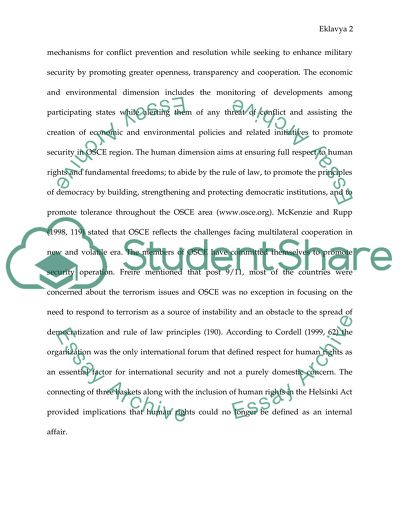Cite this document
(The Organization for Security and Cooperation in Europe Case Study, n.d.)
The Organization for Security and Cooperation in Europe Case Study. Retrieved from https://studentshare.org/politics/1566589-osces-new-vision-under-the-chairmanship-of-kazakhstan
The Organization for Security and Cooperation in Europe Case Study. Retrieved from https://studentshare.org/politics/1566589-osces-new-vision-under-the-chairmanship-of-kazakhstan
(The Organization for Security and Cooperation in Europe Case Study)
The Organization for Security and Cooperation in Europe Case Study. https://studentshare.org/politics/1566589-osces-new-vision-under-the-chairmanship-of-kazakhstan.
The Organization for Security and Cooperation in Europe Case Study. https://studentshare.org/politics/1566589-osces-new-vision-under-the-chairmanship-of-kazakhstan.
“The Organization for Security and Cooperation in Europe Case Study”, n.d. https://studentshare.org/politics/1566589-osces-new-vision-under-the-chairmanship-of-kazakhstan.


